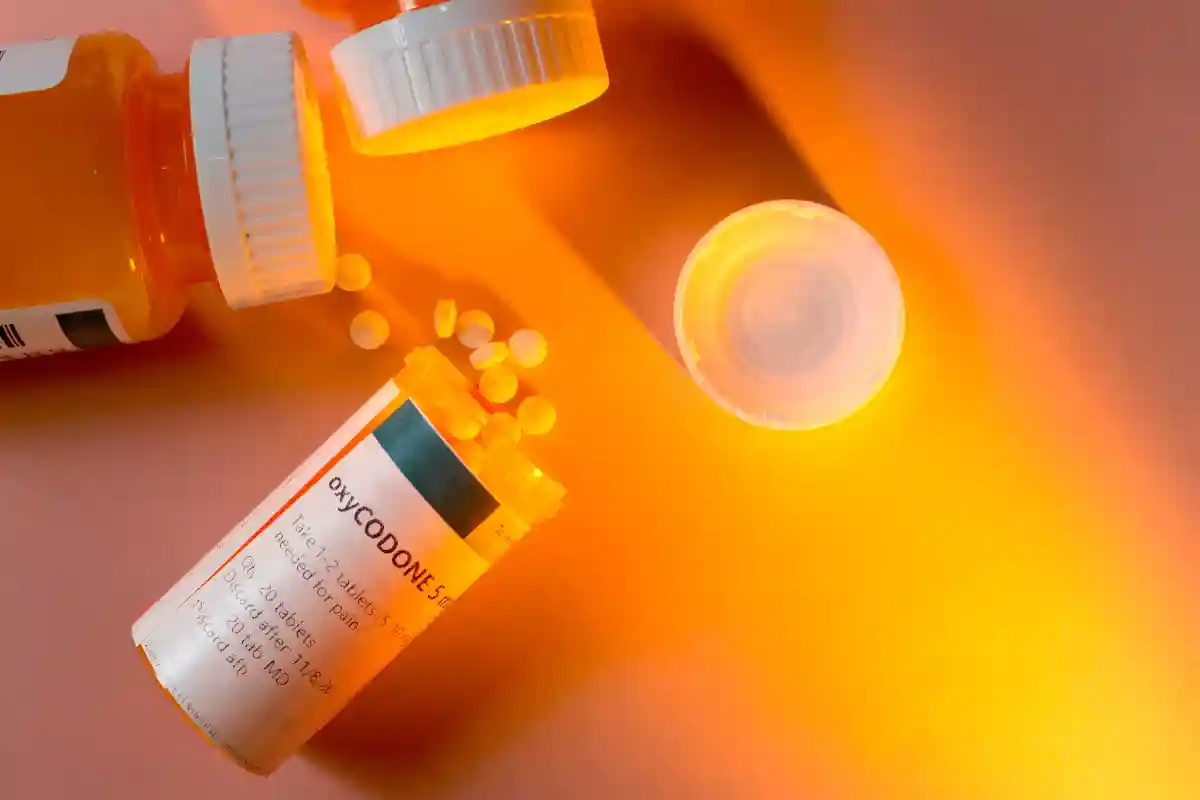Celiac.com 05/15/2025 - For people with celiac disease or soy allergies, avoiding gluten and soy in food is a daily challenge. However, many may not realize that these allergens can also hide in medications. A recent study examined how often gluten and soy appear as inactive ingredients (called excipients) in common medicines sold in Portugal. The findings raise important concerns about medication safety and labeling for those with food sensitivities.
What the Study Investigated
Researchers analyzed 308 different medications across three categories:
- Pain relievers and fever reducers (like paracetamol/acetaminophen)
- Anti-inflammatory drugs (like ibuprofen)
- Asthma and breathing medications
Celiac.com Sponsor (A12):
They checked the official medication information (called Summary of Product Characteristics) to see whether these drugs contained gluten or soy-based ingredients.
Key Findings
Gluten in Medications
Pain relievers and fever reducers had the highest gluten content—44.4% contained gluten-derived excipients.
- Over half (51.2%) of pill-form medications in this group had gluten.
- 40% of liquid medications (like syrups) also contained gluten.
Anti-inflammatory drugs (NSAIDs) had much less gluten—only 8.2%.
- However, 26.7% of liquid NSAIDs contained gluten.
Asthma and breathing medications had no gluten at all.
Soy in Medications
Anti-inflammatory drugs (NSAIDs) had the most soy—14% contained soy-based ingredients.
- 26.7% of liquid NSAIDs had soy.
Pain relievers and fever reducers had less soy (6.5%).
- 30% of liquid pain relievers and 33.3% of rectal suppositories contained soy.
Asthma medications, again, had no soy.
Why This Matters for People with Celiac Disease or Soy Allergies
The study shows that gluten and soy are surprisingly common in medications, especially in pain relievers and liquid formulations. Since these ingredients are not always clearly labeled, patients may unknowingly consume them, risking allergic reactions or worsening celiac symptoms.
Problems with Current Medication Labels
- Some labels list "starch" without specifying if it comes from wheat (which contains gluten) or another source like corn.
- Soy-based ingredients (like soy lecithin) are not always highlighted as allergens.
- Laws require certain allergens to be disclosed, but loopholes exist, leaving patients in the dark.
What Should Patients Do?
- Ask pharmacists or doctors about gluten and soy in medications before taking them.
- Check labels carefully, but be aware that not all allergens are clearly listed. You can search this site for prescriptions medications, but will need to know the manufacturer/maker if there is more than one, especially if you use a generic version of the medication (to see the ingredients you will need to click on the correct version of the medication and maker in the results, then scroll down to "Ingredients and Appearance" and click it, and then look at "Inactive Ingredients," as any gluten ingredients would likely appear there, rather than in the Active Ingredients area):
- Liquid and pill forms may differ—some liquid medicines have more allergens than their pill counterparts.
- Push for better labeling so that medication ingredients are as transparent as food labels.
Conclusion: A Call for Safer Medications
This study highlights a hidden risk for people with celiac disease or soy allergies—medications that may contain these allergens without clear warnings. While asthma medications were safe in this analysis, common pain relievers and anti-inflammatory drugs often contained gluten or soy.
For those with food sensitivities, the findings emphasize the need for:
- Stricter labeling laws to ensure allergens are always disclosed.
- More research into how often these ingredients appear in medications worldwide.
- Greater awareness among doctors, pharmacists, and patients about hidden allergens in medicines.
By improving transparency in medication ingredients, pharmaceutical companies and regulators can help protect sensitive individuals from accidental exposure, making treatment safer for everyone.
Read more at: nature.com










Recommended Comments
Create an account or sign in to comment
You need to be a member in order to leave a comment
Create an account
Sign up for a new account in our community. It's easy!
Register a new accountSign in
Already have an account? Sign in here.
Sign In Now